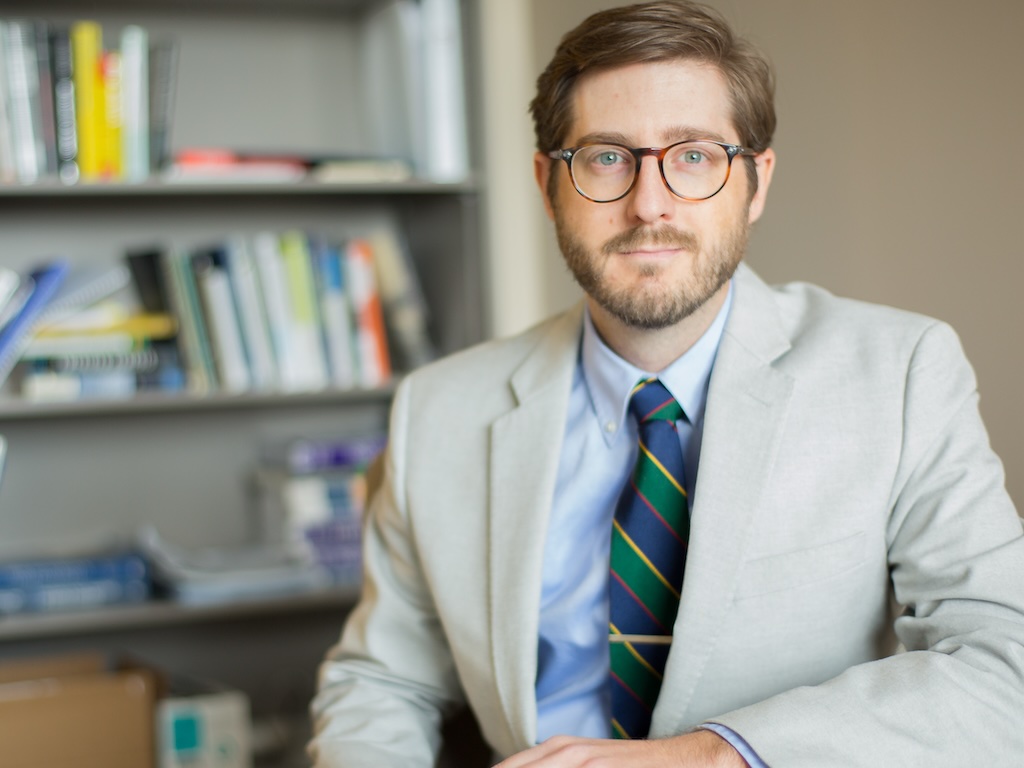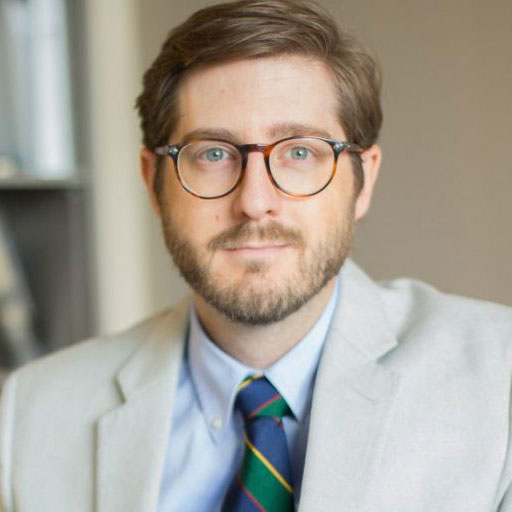Kyle Jones investigates how universities use student data and the ethical questions that arise from what some see as overreaching surveillance.

Imagine an Indiana University undergraduate student — not as a face in a lecture hall or a name on a class roster, but as a constellation of data points. Grades, attendance records, library checkouts, course website clicks, even social media interactions — all meticulously collected, analyzed, and fed into algorithms designed to predict success, identify struggling learners, and optimize the educational experience.
This is the reality emerging in higher education, an era in which the promise of personalized learning is intertwined with the unsettling prospect of what could be construed as overreaching and unjustifiable surveillance. At institutions across the country, learning management systems can and do track every click and keystroke, while artificial intelligence-driven predictive analytics promise to identify at-risk students before they even realize they are falling behind.
The aims are noble, but what are the costs?
That’s the focus of Kyle Jones, an associate professor at Indiana University’s Luddy School of Informatics, Computing, and Engineering. His research explores the ethical and policy fault lines of educational data mining and analytics. Jones warns that these data practices are not always being used to improve education. His assessment underscores the critical need for scrutiny in how student data are collected, analyzed, and ultimately used.
“I think of these data practices as trying to capture and characterize student life, but sometimes they are being used just to improve the administrative bureaucracy of an institution,” he says. “The collection of data needs to be governed so that it doesn't get into the wrong hands or is not inappropriately used.”
This concern extends beyond malicious actors to encompass well-intentioned but potentially misguided applications of data, where the focus shifts from student well-being to institutional prestige.
From literature to libraries to the digital frontier
Jones’ path to this critical juncture was not a straight line. His academic roots lie in the humanities, with a bachelor’s degree in English literature and composition with teaching certification in secondary education. This foundation instilled in him a deep appreciation for narrative, for the stories that shape our understanding of the world, and the role of technology in educational experiences.
But his trajectory shifted with his pursuit of a master’s degree that led him into the world of library and information science. The transition proved pivotal, equipping him with the tools to navigate the burgeoning digital information landscape. His subsequent Ph.D. in information science solidified his expertise, positioning him to confront the unique challenges posed by the datafication of education. His dissertation, for example, explored the ethical dimensions of data mining in higher education, laying the groundwork for his current research agenda.
Since coming to IU in 2017, Jones has earned more than $1 million in funding for his research, which has been featured in national and international news outlets such as NPR and The Washington Post. In addition to his research, Jones teaches IU’s Database Design course and its Information Policy course. He also won the school’s 2019 Teaching Award and 2021 Trustees Teaching Award.
Privacy, autonomy, and the soul of the university
Jones’ concerns are not merely abstract concepts. They represent the very essence of what it means to be a student, to have the freedom to explore ideas, to make mistakes, and to forge an individual and autonomous path. The university, traditionally a space for intellectual exploration and personal growth, risks being transformed into a data-driven enterprise where individual agency is compromised.
In an era where data is currency and power, that data could be used to steer students into a line of study in which they have the best statistical chance of successfully earning a degree. A better graduation rate equals more prestige, which equals more political regard, donor dollars, and a more robust endowment fund, after all.

The collection of data needs to be governed so that it doesn't get into the wrong hands or is not inappropriately used.
Associate Professor Kyle Jones
But, Jones says, the question becomes who owns the student’s story — and how is that story being used. He raises fundamental questions about the nature of education itself. Is it about maximizing efficiency and producing graduates that bolster key metrics, or is it about fostering critical thinking, creativity, and individual growth?
Jones says it’s not an either/or matter. Data and individual agency can be blended, he says. His approach to this quandary is rigorous and multifaceted. He doesn’t simply theorize; he investigates. Jones meticulously examines the policy documents that ostensibly govern data use, dissecting the language and uncovering the often-unseen assumptions embedded within them. He looks at the fine print, the clauses that often go unnoticed but have significant implications for student privacy.
But policy is only one piece of the puzzle. Jones also conducts surveys, convenes focus groups, and engages in in-depth interviews with the key players in higher education — from the students whose data is at stake to the administrators who implement the policies, the faculty who interact with the data-driven systems, and the librarians who grapple with the ethical implications of information access and use.
The human cost of data-driven decisions
This multi-stakeholder perspective is essential because the implications of educational data mining ripple far beyond individual students. The use of these analytics can influence institutional policies, impacting everything from resource allocation to the very definition of student success.
Imagine, for example, a scenario in which data suggests that students from certain socioeconomic backgrounds are less likely to succeed in STEM fields. Would an institution be justified in discouraging such students from pursuing those fields, even if they have the passion and potential to excel?
Description of the video:
Jones’ work is a crucial reminder that data are not neutral. Rather, it is shaped by human biases and reflects existing power structures. From that starting point, Jones examines how these data practices capture and accurately reflect student life. The danger, as Jones points out, is that the pursuit of efficiency and key metrics can overshadow the fundamental human element of education, obscuring the nuances of individual learning journeys and the importance of student-to-student and student-to-instructor interactions.
Perhaps the most troubling aspect of this situation, Jones says, is the relative silence surrounding it. While the fields of data science and educational technology are booming, the ethical dimensions of their convergence on campus with flesh-and-blood students remain largely unexplored. This lack of critical engagement is especially alarming given the rapid pace of technological advancement through artificial intelligence and machine learning.
Jones’ work, then, stands as a vital intervention, a call for greater scrutiny and a demand for ethical considerations to be placed at the forefront of the conversation.
A defining moment: The future of learning
Jones is not simply raising alarms. He is actively working to build solutions. He engages with policymakers, educators, and technology developers, seeking to establish a framework for the ethical and responsible use of data in education. This involves advocating for greater transparency in data practices, stronger privacy protections for students, and a deeper understanding of the potential biases embedded within algorithms.

We want students to pursue higher education according to their own personal and professional interests. We want them to take courses and pursue a degree because of their own motivations–not others'.
Associate Professor Kyle Jones
The significance of Jones’ work lies in its timeliness. As universities become increasingly reliant on data-driven approaches, his research gains increasing attention and his voice grows in importance, urging administrators to consider the long-term implications of their choices. His focus is not just an academic exercise but rather a defense of the core values of education in this new digital age.
"We don't want and we haven't in the past in higher education tried to push or nudge a student into a specific course or a program of study based on any sort of algorithm or predictive measure,” Jones says. “We want students to pursue higher education according to their own personal and professional interests. We want them to take courses and pursue a degree because of their own motivations–not others'."
